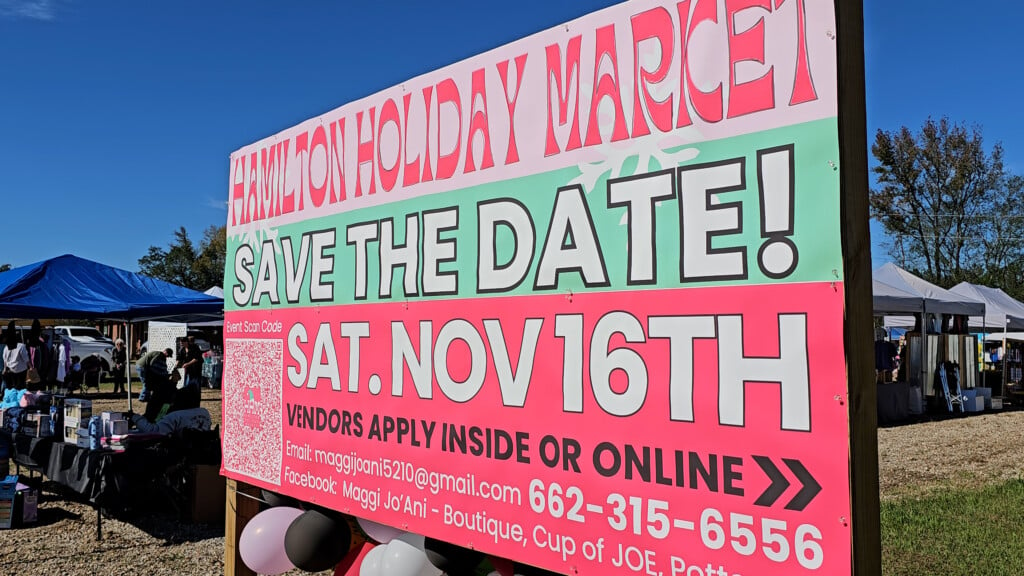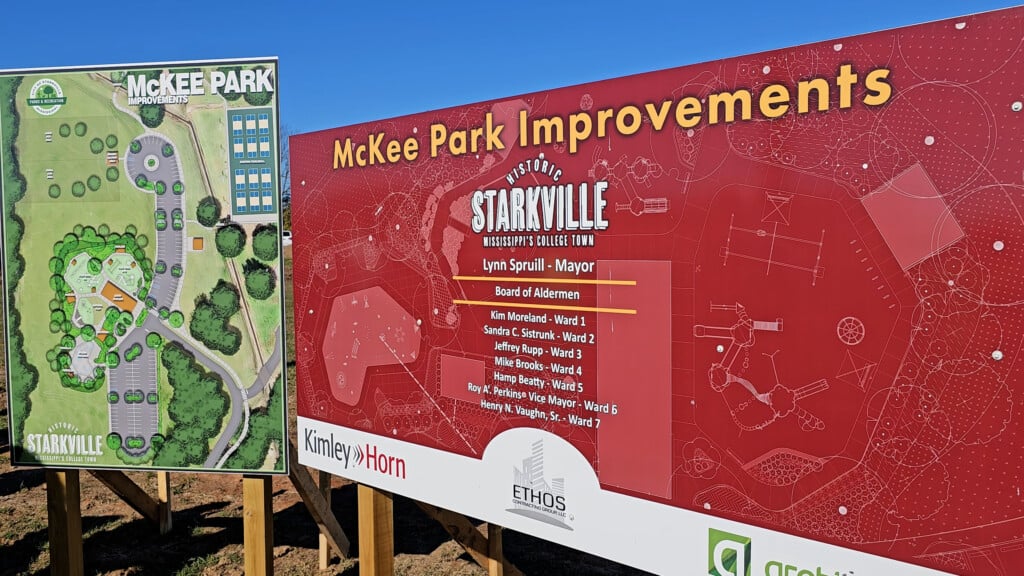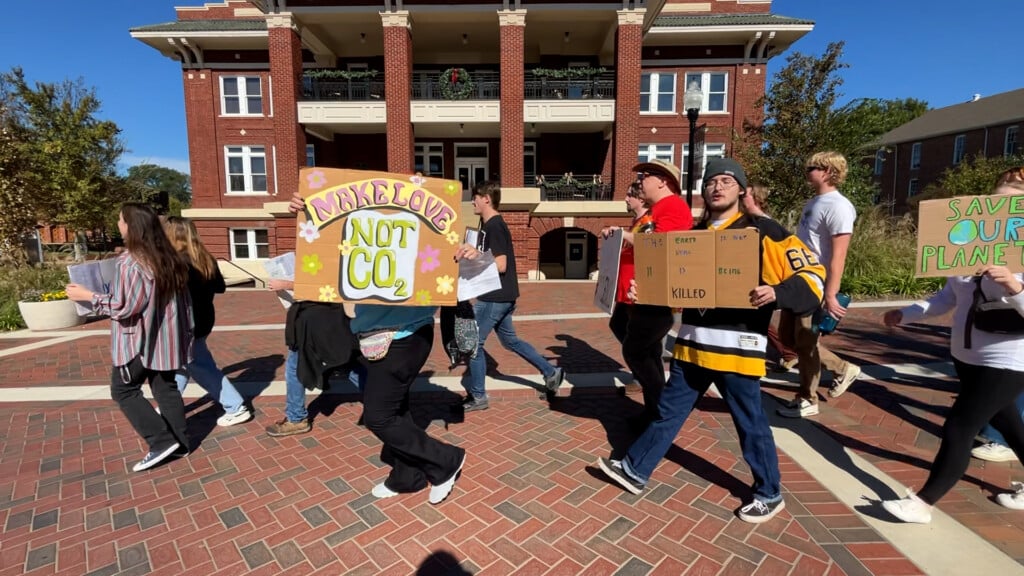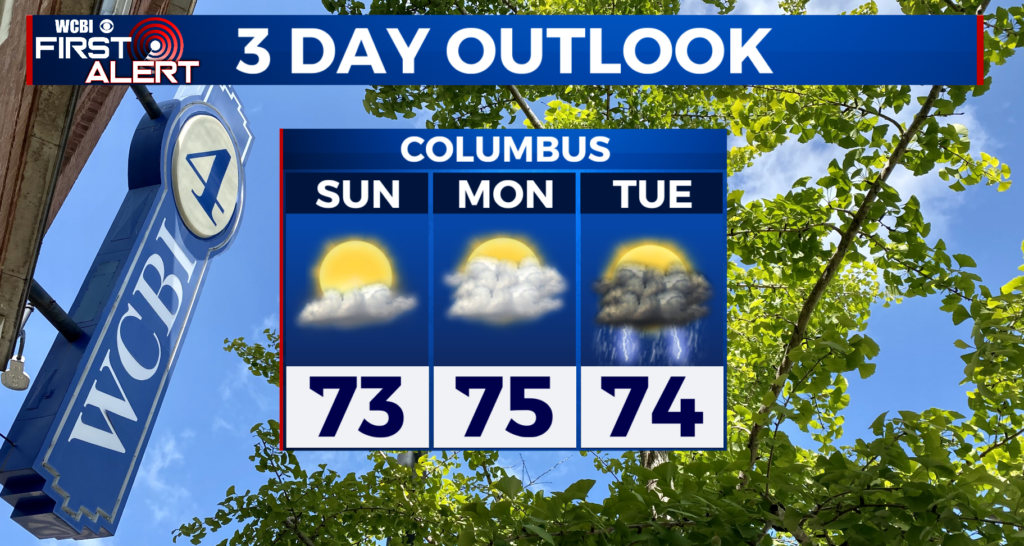Poet Laureate Appreciates Mississippi Roots
STARKVILLE, Miss. — Mississippi made her, and no matter where she goes, U.S. Poet Laureate Natasha Trethewey never forgets her heritage.
Close to 300 people attended her Tuesday poetry reading at Mississippi State University, and Trethewey, a Gulfport native, explained how growing up in the Magnolia State impacted her art.
“Mad Mississippi burnt me into poetry, but without it, what would I have? So, it’s a thing for which I’ve always been grateful: the troubled and violent history, but also the terrible beauty of this place,” she said. “I’m proud to say I’m from Mississippi. Mississippi made me. And I think the rest of the world has to realize that it’s pretty good: It made me, and I still love it.”
Trethewey’s honors are numerous. Not only is she in her second year as the 19th U.S. Poet Laureate, Trethewey’s 2006 poetry collection “Native Guard” earned her the 2007 Pulitzer Prize in Poetry. She is also Mississippi Poet Laureate and the director of Emory University’s creative writing program in Atlanta.
MSU’s creative writing co-director Catherine Pierce, associate professor of English, introduced Trethewey and led a Q-and-A session with the poet.
“Natasha Trethewey’s work is rich and multi-faceted,” Pierce said. “Her poems — sometimes poignant, sometimes brutal, sometimes redemptive — draw from history, art and autobiography to offer complex insights on race, the American South, violence and loss.”
Not only did Trethewey read poems from “Native Guard” and her 2012 collection “Thrall,” she also read the only new poem she’s written since taking office as the U.S. Poet Laureate, “Onlookers Gathered at the Traveling Chair’s Arrival.” The piece comments on the history of Mississippi’s portable electric chair, in use from 1940 through 1954.
By writing about the history of Mississippi, Trethewey is making sense of it to imagine a better future, she explained.
One of her goals during her second term as U.S. Poet Laureate is to demonstrate that poetry remains relevant and important to people all over the country, Trethewey said. She visits different cities and towns nationwide and reports her discoveries on the PBS “Where Poetry Lives” series.
People have explained to her how they are writing poetry in secret, she said. Just because popular culture doesn’t embrace the art doesn’t mean people aren’t reading and writing poetry.
“In times of tragedy, poetry grieves with us. It’s the elegant language that can do that, but we also turn to poetry to celebrate our joys and our triumphs,” she said.
While she doesn’t write poetry with the purpose of achieving social change, Trethewey said she’s deeply interested in making a better future for the state, the region and the nation.
Trethewey’s visit was sponsored by MSU African-American Studies; centers for Student Activities and Teaching and Learning; College of Arts and Sciences and its Institute for the Humanities; the English department and its Mississippi Quarterly; Richard Holmes Cultural Diversity Center; and the Office of the Provost.





Leave a Reply